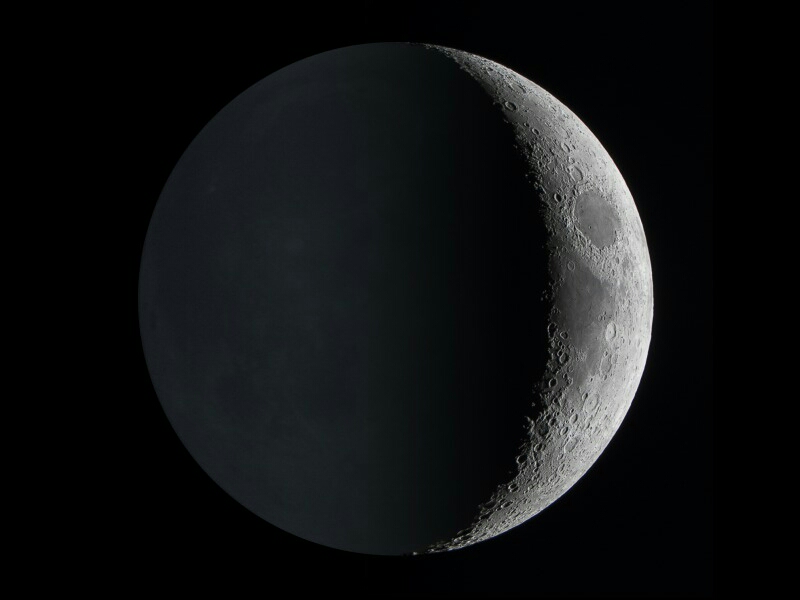HADHRAT ABU HAFS HADDAAD (Rahmatullah alayh)
HADHRAT ABU HAFS HADDAAD
(Rahmatullah alayh)
* Prior to his reformation and taking to the Path of Tasawwuf, he had fallen in love with a woman. He was beyond himself, pining away for the woman. He was advised to go to Nishapur where there was a Yahudi magician who would solve his problem. He went and explained his condition to the Yahudi who said that he would have to abandon all kinds of ibaadat for forty days, and constantly reflect on evil so that the magic will be effective. In this way will he achieve his objective.
Hadhrat Abu Hafs did as he was instructed. However, even after forty days he was not successful in attaining fulfilment of his desire. The woman still spurned him. He complained to the Yahudi who said: “Most assuredly you must have practised an act of virtue which had neutralized the effect of the magic. Reflect!” Hadhrat Abu Hafs said: “In these forty days I had not done any deed of virtue except removing impediments from the road where I would walk.” The Yahudi said: “Do not grieve. How merciful is That Allah Who, despite your forty days of disobedience, has shown His mercy merely on account of your slight act of virtue.”
This statement of the Yahudi exercised a profound effect on Hadhrat Abu Hafs. Spontaneously, he repented and thereafter engaged in his profession. He was a blacksmith. He concealed from others his repentance and reformation. He would secretively distribute the day’s earnings to the Fuqara and widows. He would pass by the huts where widows lived and throw the money into the hut. He would hurry on without them being aware of his identity. After Isha’ Salaat he would beg. In this manner he completely concealed himself from the people.
* One day whilst he was working at his furnace, he heard a blind Faqeer reciting an Aayat of the Qur’aan Majeed. He became so enraptured by the Aayat that a state of ecstasy overcame him. In this state he thrust his hand in the blazing furnace and extracted a red hot iron, placed it on the anvil and instructed the workers to strike it. However he held the red hot iron in his hand. Soon he came to his senses. When he saw the burning iron in his hand, he threw it down. He realized that those present had witnessed the scene. He therefore, immediately closed down his business and gave everything away. He adopted seclusion and henceforth involved himself in ibaadat and riyaadhat in entirety. He had now abandoned his profession. He commented: “I had desired much to remain in concealment, but to no avail.”
* In his neighbour’s house some people would gather to listen to Hadith. The neighbour invited Hadhrat Abu Hafs Haddaad to come and listen to the Ahaadith. He said: For the past 30 years I have desired to do justice to one Hadith, but I have failed. How will I be able to do justice to more Ahaadith?” They asked him for the Hadith. He said: “The beauty of a man’s Islam is that he shuns futility.”
* “The mimbar is not the place for liars."
(All those who mangle the ahkaam of the Deen, who misinterpret the original Sunnah to force it to conform to modernism and liberalism are kath-thaab (liars) who are not entitled to mount the mimbars in the Musaajid.)
* Once while walking in the marketplace he saw a Yuhudi. The sight of the Yahudi sent Hadhrat Abu Hafs Haddaad into an ecstasy. He was completely beyond himself. After he had emerged from the ecstasy, he was asked to explain what happened. He said: “I saw the Yahudi dressed in garments of adal while I am cloaked in garments of fadhl. A fear overwhelmed me – the fear that perhaps the garments of fadhl are removed from me and the Yahudi be cloaked with it while I become clad with his clothes of adl.
In the context adl (justice) means normal decent clothes. Fadhl here means the garments of the Sufiya which are the garb of piety. Rasulullah (sallallahu alayhi wasallam) said: “Imaan is suspended between fear and hope.” This perception is vivid in the minds of the Auliya, hence the great fear for the future.
* Hadhrat Abu Hafs decided to go for Hajj. He was an inhabitant of Persia and could not speak Arabic. He was also illiterate. When he reached Baghdad, his mureeds discussing among themselves said that an expert translator should be searched for in order to translate the discourses of this great Shaikh of Khurasaan. Hadhrat Junaid Baghdadi (Rahmatullah alayh) sent a group of his mureeds to welcome Hadhrat Abu Hafs. When they arrived at the Khaanqah where Hadhrat Abu Hafs was, he spontaneously commenced his discourse in eloquent Arabic. Thepeople of Baghdad were bewildered by the Arabic eloquence of Hadhrat Abu Hafs (Rahmatullah alayh).
* “Generosity is to be just to others and not to expect justice for oneself.”
* Once Hadhrat Abu Hafs said to Hadhrat Junaid Bagdadi: “Prepare some zerba halwa (this is a kind of food). After it was prepared, Hadhrat Abu Hafs said: “Send it with a labourer and instruct him to walk with it until he is extremely tired. At that juncture, he should give the food to the inmates of the nearest house.”
This was done. One of the mureeds followed the labourer until he (the labourer) was tired. He stopped at a house and knocked at the door. An old man from inside the house exclaimed: “If it is zerba and halwa, I shall open the door.” The mureed says: “I was cast into bewilderment. I asked the old man to explain.” He said: “Last night whilst making dua it crossed my mind that my children had been asking me since ages for zerba and halwah.”
* Hadhrat Junaid Baghdadi was highly impressed by the respect and refinement of a mureed of Hadhrat Abu Hafs. He enquired from Hadhrat Abu Hafs the duration of the mureed’s stay in his company. Hadhrat Abu Hafs said: “Ten years. He had spent 70,000 dinars in our path, and incurred a debt of 70,000 dinars which he also spent in our path. Despite this, he is unable to muster up the courage to speak freely with me.”
* Once whilst journeying through the desert, Hadhrat Abu Hafs was without food and water for 16 days. One day, he appeared at the banks of a stream of water. Suddenly he saw Hadhrat Abu Turaab Bakshi (Rahmatullah alayh) appearing. He asked Hadhrat Abu Hafs: “Why are you waiting here?” Hadhrat Abu Hafs said: “I am suspended between Ilm and Yaqeen. I shall follow the one which dominates me. (That is: if Ilm has the upperhand, he will drink of the water. If Yaqeen has the upper hand, he will proceed on his journey without drinking the water.)
* Once in Baghdad, Hadhrat Abu Hafs was the guest of Hadhrat Shibili (Rahmatullah alayh). Every day Hadhrat Shibli honoured the guest with different varieties of food. When he was about to depart, Hadhrat Abu Hafs said to Hadhrat Shibli: “When you come to Nishapur, be my guest. I shall show you how to treat a guest and how to be generous.” Hadhrat Shibli said: “O Aba Hafs! What wrong have I done?” Hadhrat Abu Hafs said: “You should attend to the guest in such a manner that his visit does not seem to be an imposition, and his departure should not be a relief. When you resort to ostentatious and elaborate arrangement, the visit of the guest will become burdensome, and his departure will be a relief. Such an attitude with the guest is not hospitality nor generosity.”
* “Do not regard as a man (i.e. a Buzrug) a person who does not perpetually scale his conditions and deeds in the scale of the Kitaab (Qur’aan) and Sunnah, and who is not suspicious about his own ideas.”
* “The world is an abode in which man is involved in sin every moment.”
* Hadhrat Abu Hafs was asked: “What is sacrifice?” He said: “To give preference to brothers in the needs of both the dunya and the Aakhirat.”
* The wonderful way of gaining Divine Proximity is to adopt perpetual poverty, to adhere to the Sunnah in all affairs, and to consume halaal nourishment.”
* “He who is not always suspicious of himself and does not always oppose his desires, is in deception. He who is pleased with himself has destroyed himself.”
* “Fear is a lantern in the heart by means of which man is able to distinguish between vice and virtue.”
* “Poverty is not good for a person as long as he is not more pleased with giving than with taking. He who gives but does not accept is a Man. He who gives and accepts is half a man. He who does not give, but accepts, is a fly.”
* “Sin against Allah Ta’ala is the way of kufr just as poison is the way of death. He who, despite being aware that he will die and a reckoning will be taken from him, but does not abstain from sin, he most certainly conveys that he has no Imaan on Resurrection and the Reckoning.”
* “He who desires humility should remain in the company of the Saaliheen and serve them.”



